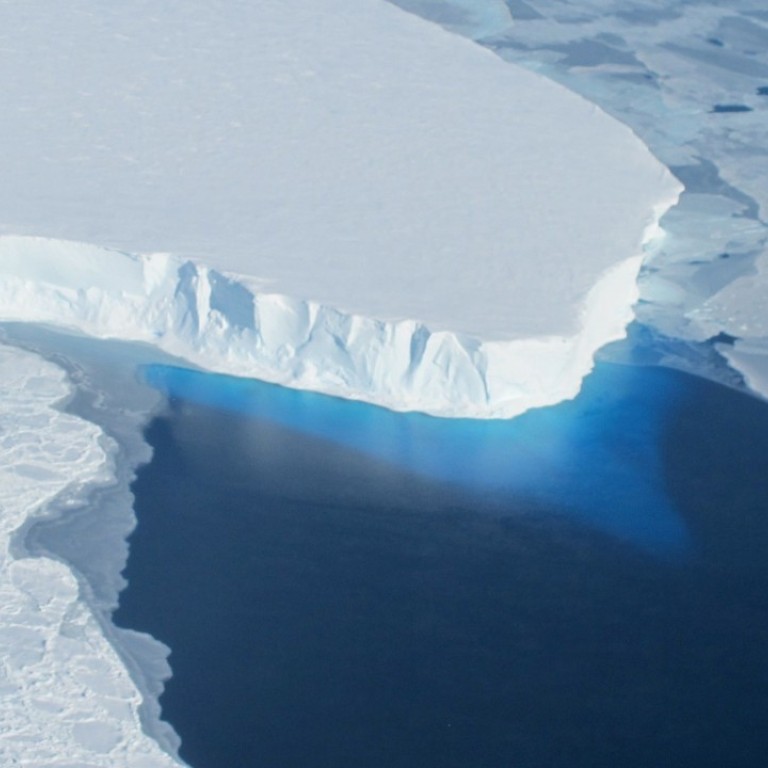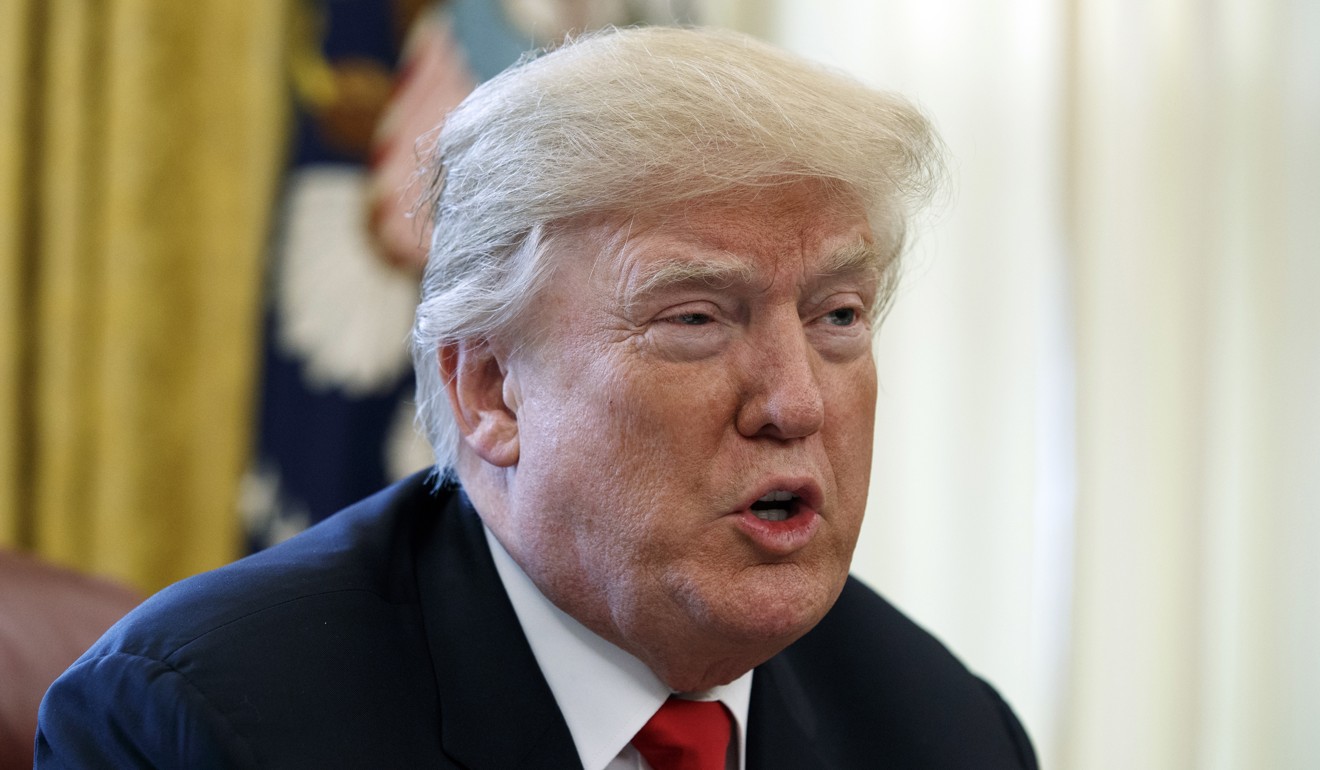
Online Letters, January 9, 2018
Climate change is natural and unstoppable
In today’s crazy world, Western politicians are wasting billions of taxpayers’ dollars force-feeding costly unreliable green energy in the bizarre belief that this will somehow change the Earth’s climate.
Even more incredible, they fear global warming and seem hell-bent on creating global cooling. They should study climate history. It is snow and ice, cold dry air and carbon dioxide starvation we need to fear, not a warm, moist, fertile, bountiful atmosphere. Climate change is natural and unstoppable.
Just 20,000 years ago, the Earth was in one of its recurring glacial phases. A thick massive ice sheet smothered Canada, Alaska, Iceland, Greenland, North Asia and Europe as far south as London. Much of the animal and plant life of the previous warm era was extinguished. Even in warmer lands not covered by the ice sheet, plants suffered as the cold oceans removed moisture and carbon dioxide plant food from the atmosphere.
Then, because of changing cycles in the Earth’s orbit and tilt, reinforced by changing solar cycles, the sun warmed the frozen lands. The great ice sheets melted, sea levels rose and the warming oceans expelled moisture and CO2 plant food into the atmosphere. Plant life recovered. Tundra, forests, grasslands and herbivores advanced towards the pole and fish became abundant in the shallow seas that flooded coastal plains. Hunters, herders, farmers and fishermen followed the food.
Human populations increased greatly. They gave thanks for the warmth, and worshipped the sun. But the peak of the modern warm era is past, and the natural cycles controlling global temperatures are pointing downwards.
Only an idiot with a death wish for life on earth would attempt to accelerate our inevitable descent into the next ice age. Luckily, their costly war on warmth is totally futile, but their war on carbon energy will prove tragically misguided in the cold times ahead.
Viv Forbes, Washpool, Queensland, Australia
Concerted effort needed to cut back on plastic waste
One of the reasons so much plastic waste is generated in Hong Kong every day is because Hongkongers are using so much of it when eating out, especially when they buy fast food.
Fast food giants like McDonald’s provide plastic utensils with all their meals, creating excessive waste. I realise that they must have plastic utensils for people who have ordered takeaways. However, these companies could make a real difference by providing metal cutlery for people who are eating in the restaurant, so that it can be reused instead of ending up in the bin and then the landfill like plastic knives and forks. They might have to hire more staff to wash the cutlery, but they would make substantial savings as they would not need to buy so many plastic utensils.
The government could also raise levels of awareness with TV and internet adverts and posters, encouraging people to bring reusable cutlery with them that they could use with takeaway food.
All citizens have a responsibility to help us as a society deal with the serious environmental issues that we face in Hong Kong. We all need to change our bad habits.
Amos Kwok Chun-fung, Tsuen Wan
Children must be given enough time to relax
It is a common sight in Hong Kong to see children, even young children from primary school, going to tutorial classes and extracurricular activities after school.
If I think back say 10 years most of those children would instead have been in playgrounds and parks enjoying their free time after the school day. The problem now in Hong Kong is crystal clear – children are not getting enough play time.
I understand parents think they are doing what is best to help their sons and daughters secure a bright future and become more competitive in the workplace. But having all these after-school classes is not a healthy trend.
If increasing numbers of children are forced to attend these classes, with so many doing them, they are less likely to have the kind of advantage parents anticipate and so they could prove to be counterproductive. This could create a vicious cycle and it is not the best way to nurture young talent.
Parents need to help their children get the best possible experience from their years in school and achieve their potential, but the way to achieve that is not through forcing them to do a lot tutorial classes. They must be given sufficient time to relax and rest after the school day and at weekends. After they finish at school or university, they will face a very competitive jobs market and many will have to put in long hours. They should not face a similar punishing schedule while they are still young and at school. They should be allowed to enjoy their school years.
If you are deprived of a carefree and enjoyable childhood, you do not get a second chance, it is gone forever. Parents have to realise this and try to help to lower stress levels for their children.
Some parents who think playing is a waste of time need to change their attitude and recognise that it is an essential part of childhood. It is part of the learning process and helps parents bond with their children. Hong Kong children must be given back their play time.
Cindy Chong, Tai Kok Tsui
Education system not preparing youngsters for real world
Young people do get a good-quality education in local schools, but they do not have enough exposure to the workplace and so they are not learning the skills they will need as adults. In this regard they lag behind other developed societies in the region such as Singapore, Japan and South Korea.
Some experts argue that this lack of exposure to a working environment is because so much emphasis is placed on the rote-learning based and exam-oriented education system. It is important to have the knowledge academically, but you also need the interpersonal and self-management skills that can help you succeed in your career.
Schools should organise outside activities so that pupils can get some workplace experiences, especially in the career areas that interest them.
All young people need to have more exposure to work experience situations so that they are in a better position to make career choices.
Trisha Tobar, Tseung Kwan O

Trump right to take tough stand with Pakistan
President Donald Trump has done well to Tweet Pakistan’s poor report-card on terrorism. His statement that Pakistan had “given us nothing but lies and deceit” and accusing it of providing a “safe haven to the terrorists we hunt in Afghanistan” is a severe condemnation of the dilatory and denial techniques of successive governments in Pakistan to stop the terror networks operating in the country.
He tweeted that the US had “foolishly” provided Pakistan with US$33 billion over 15 years to fight terror, and during some of this time, Osama bin Laden, whom the US was hunting was found ensconced in a palatial house in Abbottabad, within walking distance of the Pakistan Military Academy.
So Trump deserves to be complimented on his blunt talk. His decision could have an impact on the massive sums that are given in annual aid to Pakistan every year. Pakistan as a nation should deal with terrorism, grow economically and stop depending on Western nations for dole-outs and charitable handouts to survive or to fight terrorism. Moreover Pakistan citizens should stop believing their media about the fictitious suppression of Muslims in India. A Pakistan businessman told me he was shocked to hear the call to prayers from mosques when he visited India. He had been told that this is not permitted in India. Such is the ridiculous level of propaganda by religious fanatics in Pakistan.
Many Pakistani citizens suffer from a deep inferiority complex vis-à-vis India, since they lost the war in 1971, with the creation of Bangladesh and due to the fact that we acquired nuclear weapons before them. Pakistani colleagues repeatedly tell me, “We cannot be trifled with. We are a nuclear power!” I reply to them, “What is the use of being a nuclear power, when you cannot control terrorism in your backyard and cannot feed your people without aid from other countries?”
Rajendra Aneja, Mumbai, India

